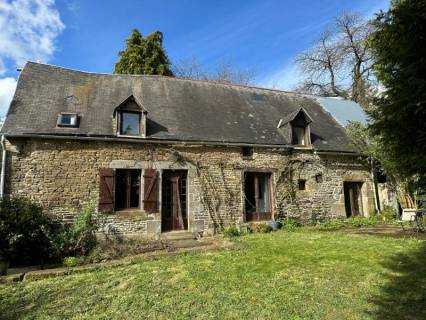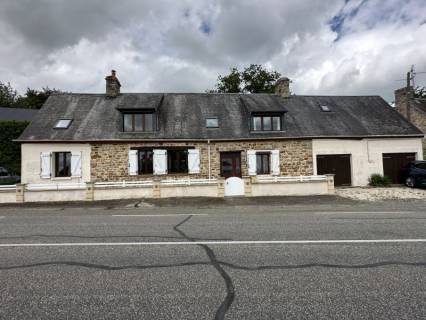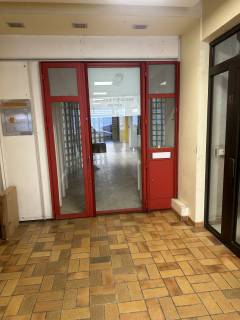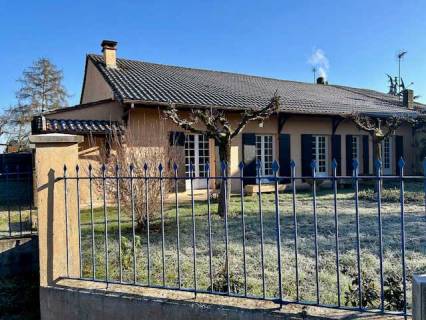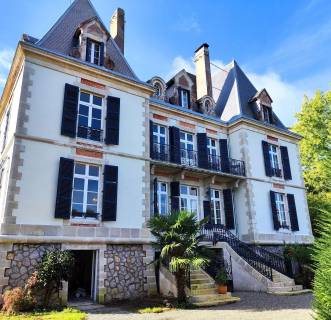Sep 192019
 Many of us dream of throwing it all in and moving to rural France à la Peter Mayle’s bestselling book ‘A Year in Provence’.
Many of us dream of throwing it all in and moving to rural France à la Peter Mayle’s bestselling book ‘A Year in Provence’.
We’d forget the stress and chaos of our former lives and could dedicate our days to the simpler things in life. We’d find a cheap rural property that we could renovate to perfection and perhaps even start a small B&B business.
At the end of the day, we’d sit outside in the fresh air and sunshine, relax and unwind with a glass of wine in our hand and look out over acres of lavender, sunflowers and nature…
But as many expats soon find, the dream of escaping the rat race and buying a rural property in France often isn’t as romantic as it might seem.
Here are seven things you should bear in mind before making the move.
1. Accept that French bureaucracy is very different
 One of the biggest things to learn before moving to France is the bureaucracy and red tape that’s involved in just about every area of life.
One of the biggest things to learn before moving to France is the bureaucracy and red tape that’s involved in just about every area of life.
Often it feels like you need to fill out ten different documents where one would do and visit several different locations to get simple tasks done, such as changing vehicle registration, obtaining your residency certificate and so on. Often different offices require different paperwork too.
At first, be prepared to feel a little disorganised and accept that you’ll have to spend more time than you’d expect getting your paperwork done. Take a deep breath, be patient and you will adjust over time.
2. Parlez-vous français?
 When buying a rural property in France, it’s essential that you learn to speak the language.
When buying a rural property in France, it’s essential that you learn to speak the language.
This will help you communicate with the locals, integrate into the community better and make those essential tasks such as registering with a doctor, sorting out your taxes or getting your children into school much easier.
Sign up for an evening class in the UK before you leave, study at home on an app like Duolingo, use computer-based programmes like Rosetta Stone and take advantage of any local language classes offered in your new village.
3. Pick the right location
 Before you purchase your property, do your homework and make sure you understand exactly what to expect when you move to your rural property and that part of France.
Before you purchase your property, do your homework and make sure you understand exactly what to expect when you move to your rural property and that part of France.
Consider renting in the area you’re interested in then ask yourself questions such as the following:
- What is the internet like?
- Do you need public transport and is it easy to access?
- What is the local area like?
- Are there social activities and opportunities to create a social network?
- Are there other expats in the area?
- If you have kids, are there good schools in the area? How about extra-curricular activities?
- Does the area honestly suit your needs, or would you be better off searching for an alternative location?
4. What type of fuel does your home use?
Many homes in rural France aren’t connected to a mainstream fuel supply as they are in the UK and many other countries. Instead, you’ll often find oil storage tanks (cuve fioul) in the garden where you can store your fuel until it’s needed.
Although this system might be different from what you might be used to, they’re worth using, as they’re cheap, safe and effective.
5. Understand your residential and tax status
 Many expats forget to consider what their tax situation will be like when they move to France and find a nasty unexpected tax bill landing on their doorstep. That’s why it’s so important to understand your unique residential and tax situation.
Many expats forget to consider what their tax situation will be like when they move to France and find a nasty unexpected tax bill landing on their doorstep. That’s why it’s so important to understand your unique residential and tax situation.
According to Expatica, if you’re going to live in France for more than 183 days per year, you’ll be considered fiscally resident and liable to pay tax on all your earnings, including salary, pensions and dividends. Note that this includes earning from anywhere in the world, not just what you earn within France.
Of course, this gives you access to essential services such as schools and healthcare and you’ll also be eligible to vote.
6. Inspect your rural property carefully before buying
Make sure you understand exactly how much renovation you’ll need to do on the property you want to buy and how much it might cost. Often, rural homes are in a worse condition than it appears at first and it can take more money than you realise to fix.
Whilst the seller does need to provide certificates regarding the electrical system, insulation and asbestos, this is for information purposes only and only scratches the surface.
7. Get clear on building permits
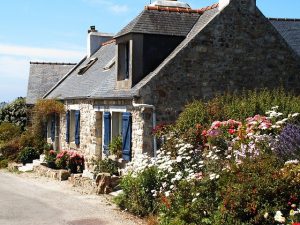 If you want to make renovations to your rural property in France, you’ll often need to ask for a building permit (permis de construire), especially if you’re changing doors, windows or adding new structures.
If you want to make renovations to your rural property in France, you’ll often need to ask for a building permit (permis de construire), especially if you’re changing doors, windows or adding new structures.
Visit the town hall (mairie) to get your paperwork then share your plans and any photos with the authorities. If your property measures less than 170m² you can do the plans yourself. Otherwise, you’ll need an architect.
The process can take many months and can be frustrating, so consider hiring a maître d’oeuvre to oversee the process.
Moving to France can be an eye-opening experience. Bear in mind these seven tips when considering your purchase and you’ll avoid unnecessary stress and headaches and help your dream come true.
(About the author: Ella Hendrix is a versatile freelance writer, currently covering articles on workplace matters, career development and business trends. In 2007, she graduated in Education and trained as a primary school teacher – then took her learned skills and positive attitude overseas to work with young children in Africa, Asia and South America. Now, she’s back on homeland, widening her knowledge on business, marketing and career development and writing advisory articles for publications around the world. In her spare time, you’ll find her hiking hills with her Golden Retrievers or sipping tea in a local coffee shop.)

